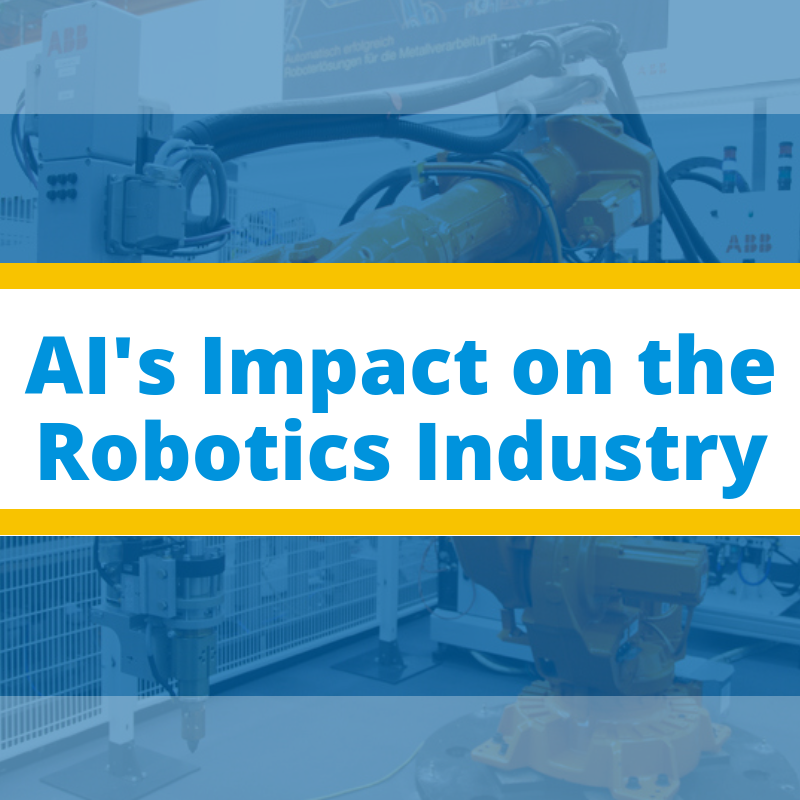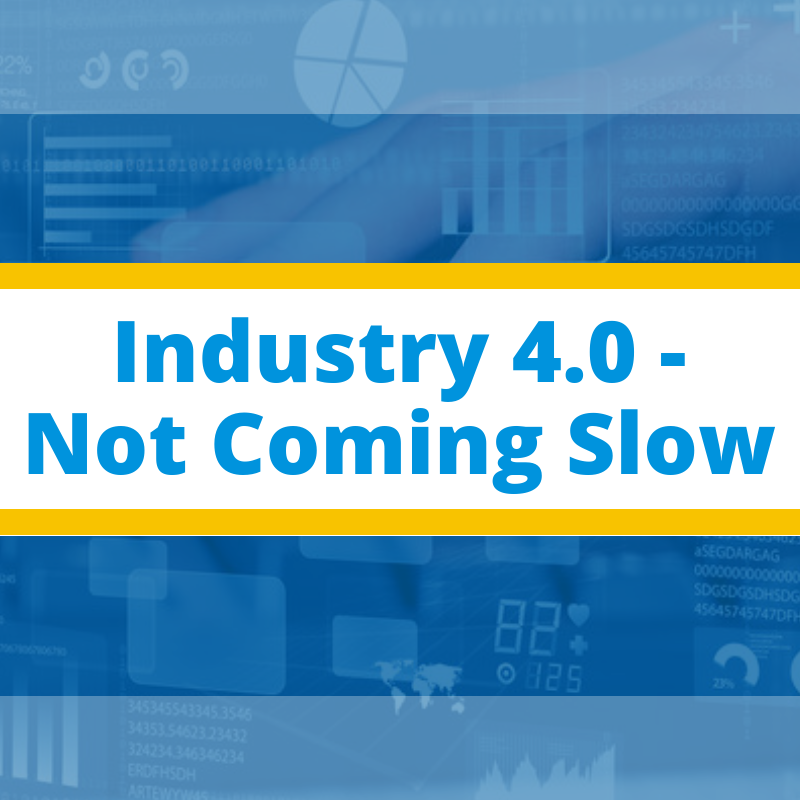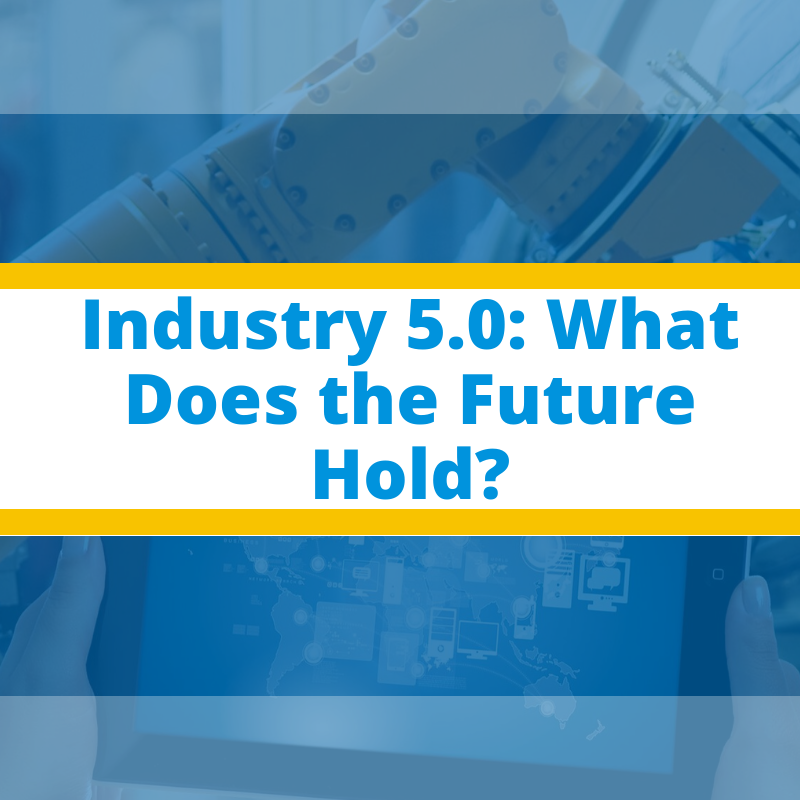There is a considerable amount of confusion and misconception around the term Artificial Intelligence or AI, and its uses. Often thought of as something too difficult to understand, researchers have been working on it for decades now, and are trying their best to mainstream the idea into industrial applications.
Process industries that are currently employing fieldbus-based devices and management software can expect a surge in their bandwidth requirements as Industry 4.0 takes full speed, making it vital for them to initiate the shift to Ethernet at the host level.
Industry 4.0 Market Research revealed that the global Industry 4.0 market would soar to $214 billion by 2023, surpassing the cybersecurity market on the way by 30%. This is well in line with the realities today as more industrial enterprises are shifting towards the paradigm that would bring improvements in processes ranging from manufacturing to material purchasing to supply chain.
Smart Factory Security
Within a true Digital Factory, manufacturers have access to a variety of data sources, usually in real-time, spanning from commercial operations to the supply-demand chain. Accessibility to this data is vital for a factory to achieve goals of productivity and efficiency associated with Internet of Things implementations.
The idea of Industry 5.0 may be premature to many since we haven’t even seen Industry 4.0 implementations in their true sense. Nevertheless, it's closer than one might think.
As a setpoint, Industry 4.0 is defined as the use of technologies such as Artificial Intelligence (AI), Machine Learning, Big Data, connectivity, and so on to bring intelligence and automation to manufacturing. This might be the extent of what might think future industrial systems may look like. However, there’s always room for improvement.







